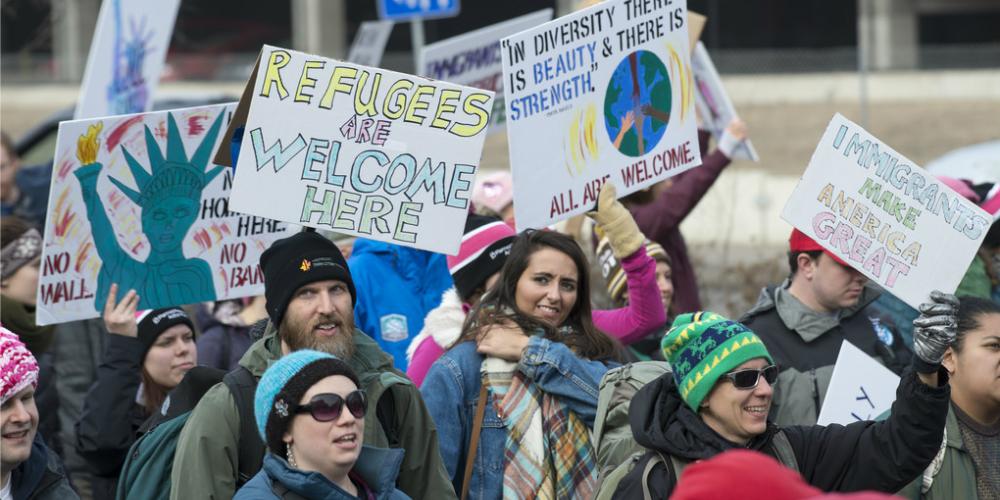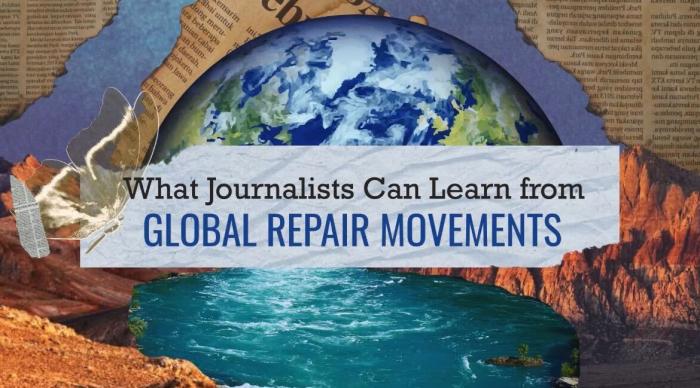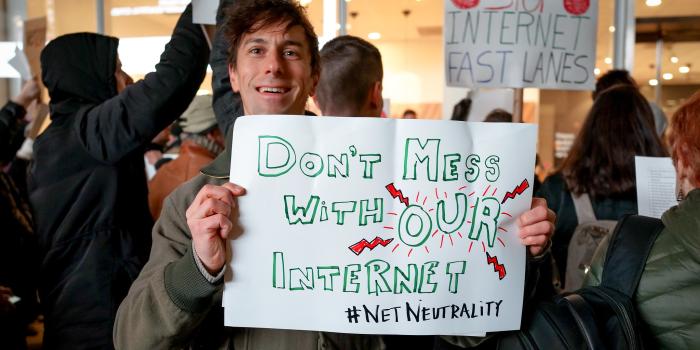How Journalists Can Avoid Exploitative 'Caravan' Coverage

As the “migrant caravan” of Central American refugees arrives at the U.S.-Mexico border, their story has become a lightning rod for political debate — and prime fodder for the forces of misinformation.
How can journalists tell the real story? How can media-makers cover immigration without propagating harmful stereotypes, tropes and political talking points?
It starts with intention. Too often, media organizations parrot the language and imagery of politicians, law enforcement and others in positions of power. When reported as news, these loaded words and visuals can easily result in exploitative, ahistorical and inaccurate reports.
For reporters who want to reverse that tide, we’ve sourced the suggestions below from members of the Free Press staff who live, organize and analyze these issues. Take a look and tweet us @freepress to share your perspective:
“Migrant caravan” is a term that dehumanizes, criminalizes and sensationalizes the Central American refugees to stir up racism and fear. Here are some more accurate alternatives:
- Migrant exodus or “exodus migrante”: Migrants who are part of the group have referred to themselves in this way.
- Asylum seekers: In terms of U.S. immigration policies and norms, and based on numerous reports, an accurate term for the migrants traveling in this group would be “asylum seekers.” The fact that the group members are seeking asylum has been largely erased by right-wing political forces seeking to cast the migrants as criminals or enemies of the United States.
- Central American refugees: The people in this group are primarily from Honduras and other Central American countries where civil and economic unrest is related to historical policies and intervention from the United States and other global powers. Citing the geographic origin of the migrants is an important step toward humanizing coverage.
“Presenting” vs. “crossing” or “storming” the border: The migrants in this group are attempting to present themselves at the border; they’re not trying to “cross” or “storm” the border. They have a right to present themselves (h/t Ken Montenegro). Current U.S. law makes it legal for people to seek asylum — either by presenting themselves at an official U.S. border crossing, or even after being apprehended by Customs and Border Patrol (CBP) — because it’s required under international law.
Reject the language of warfare: The United States has sent thousands of soldiers to the border, and CBP tear-gassed migrants, including women and children, on Nov. 25. But there’s no evidence that the asylum seekers are armed or violent. Political forces allied with President Trump are using terms like “invasion,” but media-makers should resist this terminology in favor of accurate, objective language.
Photography: It’s important to avoid using photos that could be misinterpreted as depicting asylum seekers engaged in illegal activities. In the wrong hands, images of people crossing rivers or cutting fences could be used as “evidence” of illegal activity when they may show something else entirely.
Photojournalists should consider how their images could be used by those seeking to spread misinformation or cast legal asylum seekers as dangerous criminals. Photographers should add context to their images — with captions or other information — to accurately and empathetically convey the subject’s experience without exploiting or sensationalizing trauma.
A humane approach
There are many newsrooms providing quality reporting on the Central American refugee story, and the overall issue of U.S. immigration — and they’re steering clear of false and dehumanizing narratives.
These newsrooms are almost always centered on a golden practice: building and maintaining relationships with community.
Free Press’ News Voices team provides guidance on relationship building and much more in our guide “Don’t Just Engage. Organize!”, which is designed to help journalists and newsrooms disrupt oppression in the way they do their work.
We believe that journalists — and all media-makers — are actually culture workers: people whose professional choices shape discourse, perception and the future of society.
Visit newsvoices.org today to download this free guide, and learn more about our work to strengthen journalism.
Your turn: How are you and your colleagues working to strengthen your practice as journalists or other types of media-makers? Tweet your thoughts to us @freepress.





